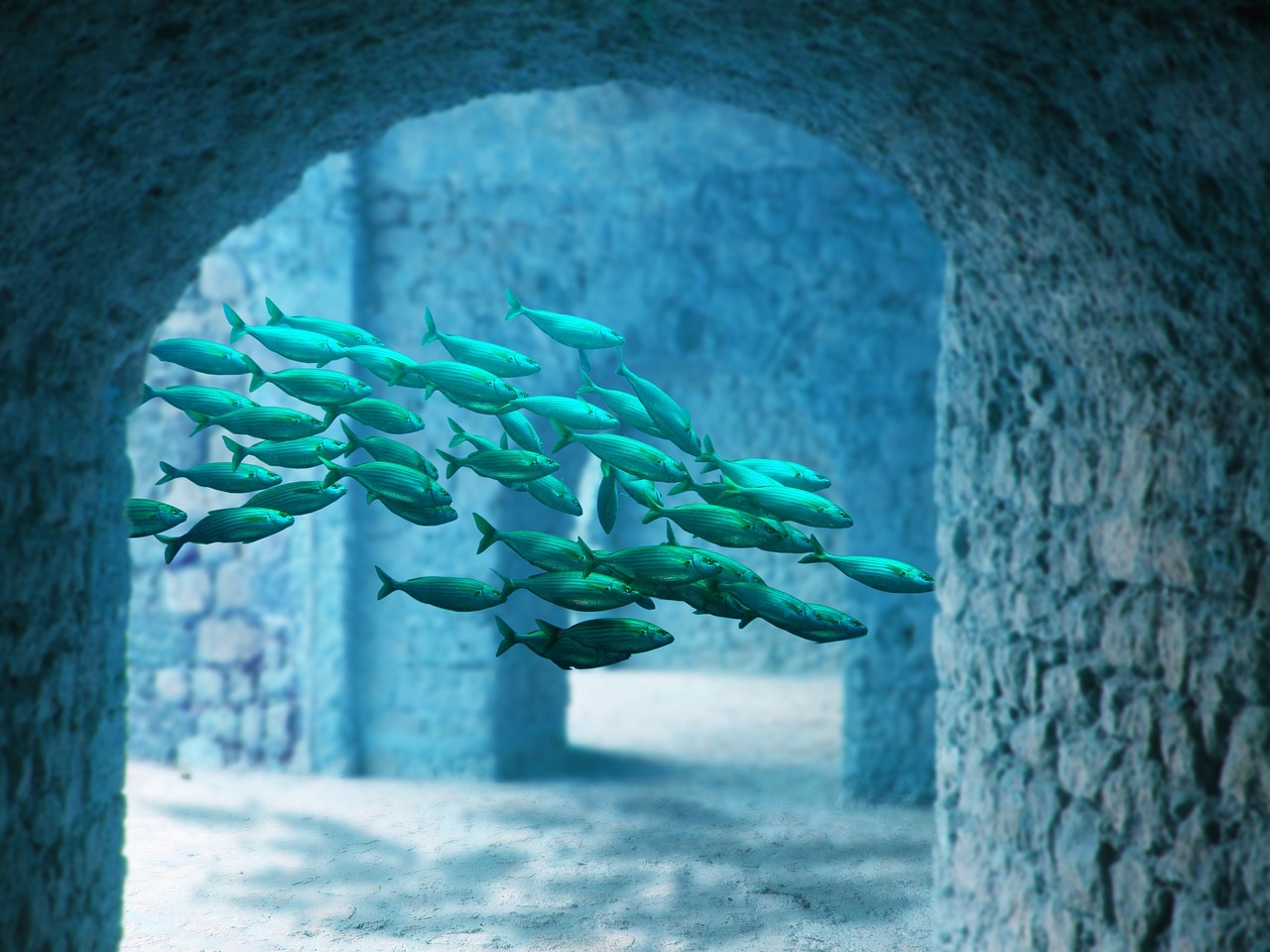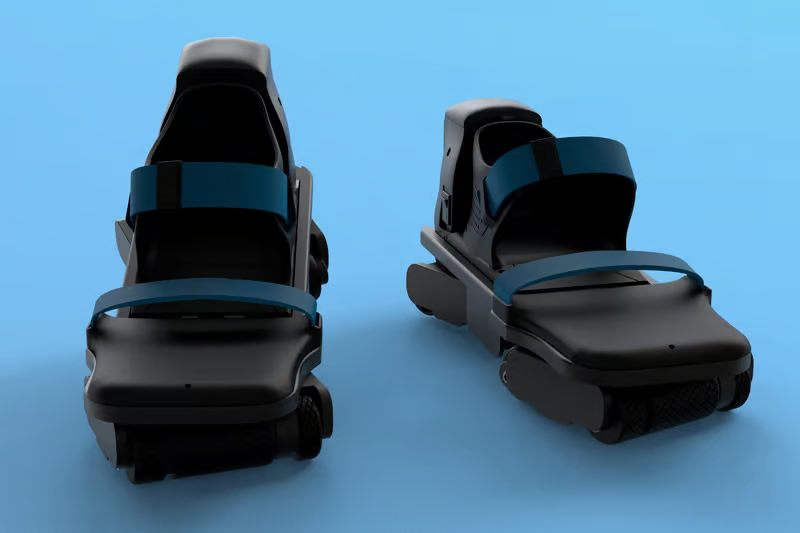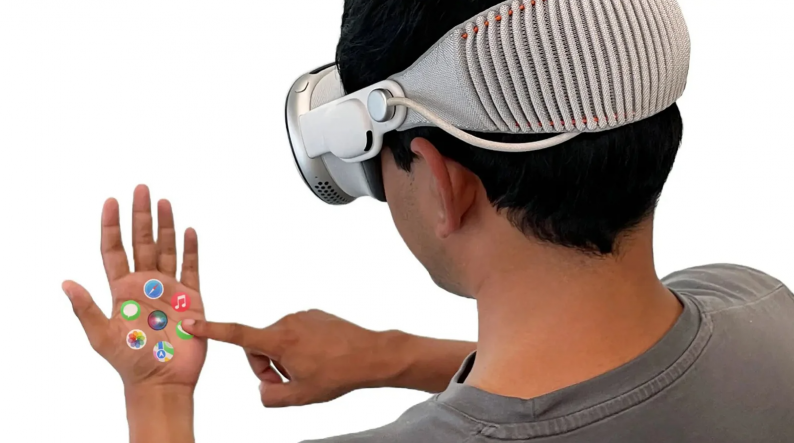Researchers from the University of Konstanz and the Max Planck Institute for Behavioural Biology (MPI-AB) have made a breakthrough in robotics, inspired by the collective behaviour of fish. The team has developed a control algorithm based on how fish coordinate their movements in a school, which could lead to more efficient and resilient swarm robots and autonomous systems.
It turned out that the fish use a surprisingly simple algorithm to coordinate their movements, based only on the perceived position of their neighbors, not on their speed.
To test the realism of the discovered “control law,” the researchers conducted an aquatic Turing test in which a real fish interacted with a virtual one, controlled either by a recording of the movements of a real fish or by the developed algorithm. Interestingly, the real fish were unable to distinguish the algorithmic model from their real relative.
Oliver Deussen, professor of computer science at the University of Konstanz, stressed that “the work demonstrates the relationship between robotics and biology – using robotics to study biological mechanisms, which in turn can inspire new and effective robot control strategies.”




